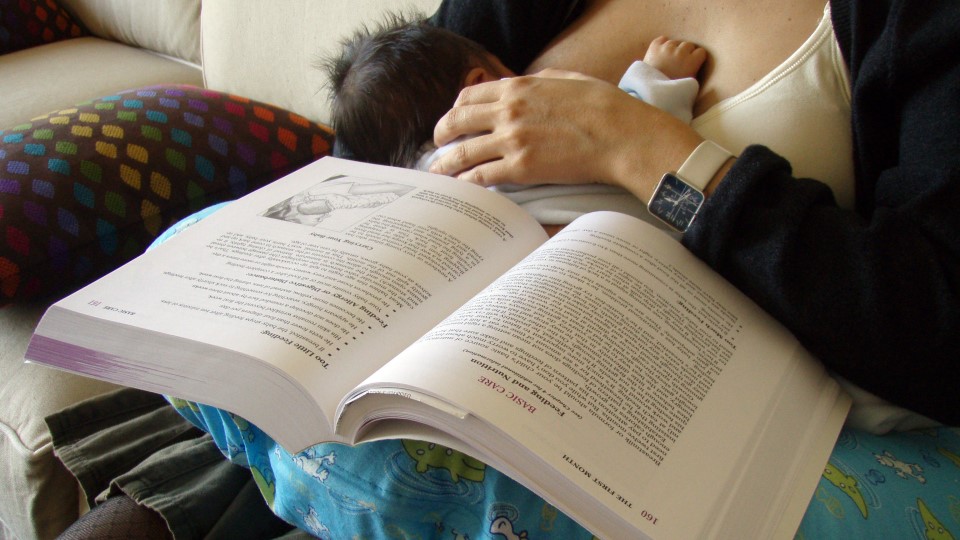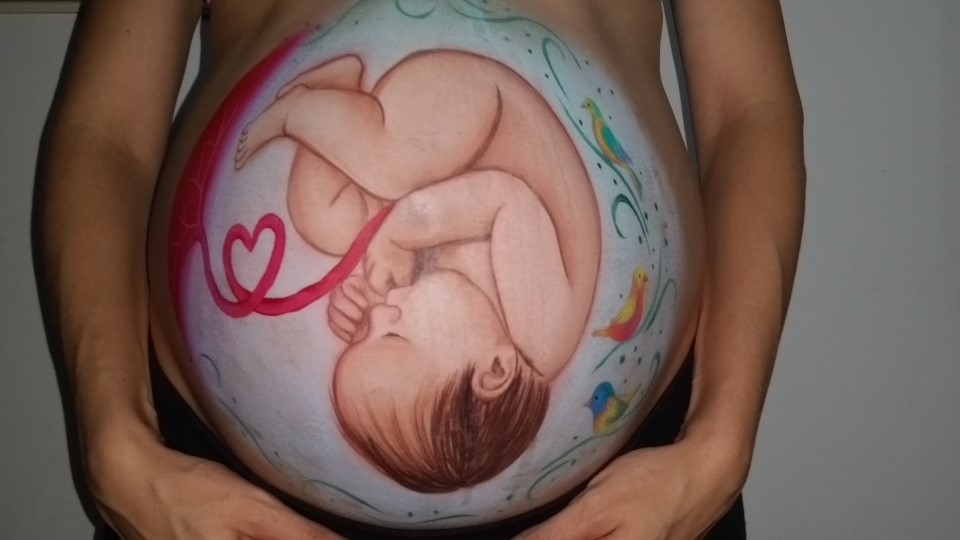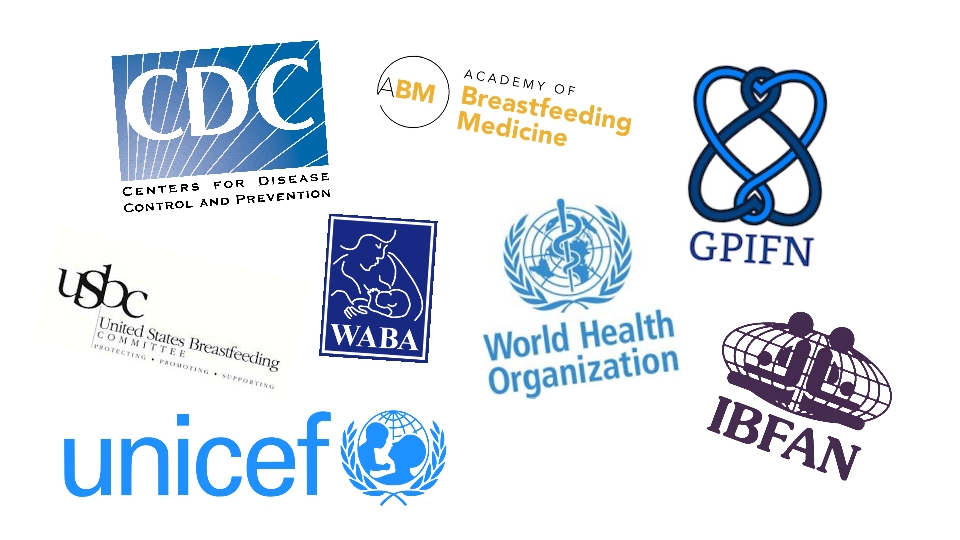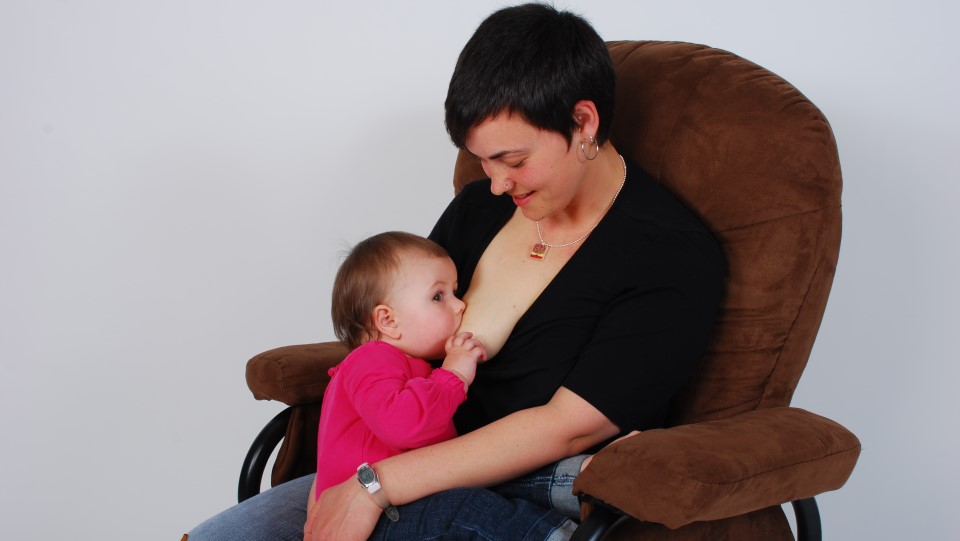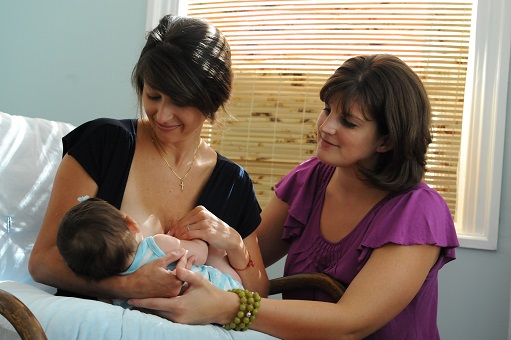A tejbotrány leleplezte az alacsony szoptatási arányokat, állapítja meg a WHO
Sept. 24 (Bloomberg) – A szennyezett tápszer, ami legalább négy gyermeket ölt meg Kínában, rávilágított a szoptatási arányok csökkenésében rejlő veszélyre, ami egyben megfosztja a csecsemőket a legjobb táplálékforrástól is, nyilatkozta az Egészségügyi Világszervezet igazgatója.
A melamint – egy a műanyaggyártáshoz és bőrcserzéshez használatos anyagot – tartalmazó csecsemőtápszer legalább 53 000 csecsemő megbetegedését okozta és arra indította a környező országokat, hogy gátat vessenek a kínai csecsemőtápszer és egyéb tejtermékek kereskedelmének. A melamin hozzáadásával a tejtermékek fehérjetartalma többnek látszik a laboratóriumi vizsgálatkor, így a gyártók anélkül vizezhetik fel a tejet, hogy erre fény derülne.

